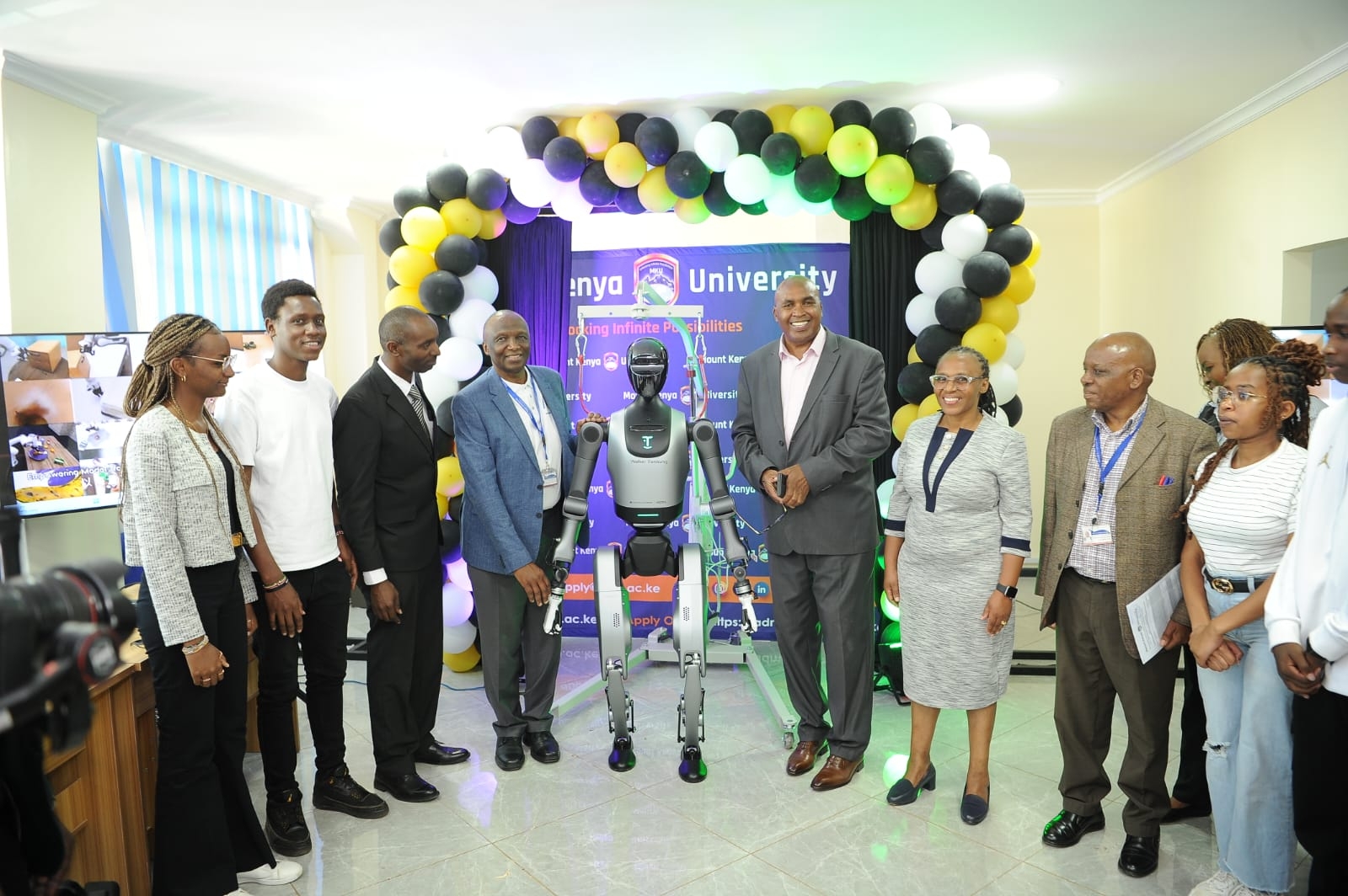Some key departments in the defunct National Health Insurance Fund are inadequately staffed, providing opportunities for bribery and extortion, this is according to a report released by EACC.
The report released on Tuesday showed that the fund was short-staffed in both expertise and numbers in some functional areas.
For instance, the call centre relied on one staff to answer medical-related enquiries while 11 case management staff were relied upon to respond to over 5,000 preauthorisation requests received daily.
This, the report says has created a huge backlog of preauthorisation necessitating follow-ups by health facilities and individual beneficiaries.
In addition, Quality Assurance staff stationed in the branches were found to be inadequate to cover the demand for clinical surveillance, facilities assessment and claims processing workload.
According to the report, only two Quality Assurance staff were deployed to Nakuru to cover 263 healthcare providers, one in Embu to cover 159 facilities, one in Mombasa to cover 138 facilities and two in Buruburu to cover 90 facilities.
“The internal audit unit lacked staff with medical background and relied on Quality Assurance Officers to support audit activities,” the report says.
In some instances, officers transferred to other branches undertook duties under the purvey of the previous workstation since no replacement had been done.
For example, an ICT support staff who had been transferred still supported healthcare providers in the previous branch.
“High levels of human intervention in processes necessitated by delays provide opportunities for bribery and extortion,” the report says.
From the report, it emerged that some officers who had been transferred to other branches would still access systems in their previous workstations and make approvals.
It was also established that there were active third-party user accounts with access to enterprise systems.
For example, a review of the system logs by EACC found that a third-party user added 12 specialized services to one healthcare provider on July 14, 2022.
There also existed inactive user accounts in the core ERP system without timelines for purging or permanent archiving.
It was also established that transactions that required elevated system rights such as adding or removing service codes to providers were carried out by ordinary users in the E-Claims system.
"It is clear when the report was presented some incidences where officers have been transferred but the officer is still accessing the rights from here (Nhif HQ)," Medical Services PS Harry Kimtai said.
"Any other person can come here and enter into the system, approve treatment yet he is not supposed to."
From the report, there exists no guidelines on First In First Out (FIFO) override rights in claims processing.
As a result, FIFO override rights were assigned arbitrarily enabling staff to process claims and payments without adherence to the FIFO principle.
This opened doors for favouritism and opportunities to perpetrate bribery and extortion in claims processing.
Instances of amendment to members’ and healthcare providers' data and processing of transactions without approval workflows were also witnessed during the review.
For example, three members of staff irregularly amended member details occasioning a loss of Sh29,958,642 to the fund.
The report further found that some officers had been acting for long periods over six months without confirmation of the positions.
Others were found to be acting in positions without formal acting appointment letters.
According to EACC chairperson David Oginde, the Fund is greatly reliant on the Fourgen Business Tools’ Enterprise Resource Planning (ERP) system for back-office and front-office operations.
The system was developed over 25 years ago and has a character-based user interface.
Its design and distributed nature of access required in the Fund’s operating environment makes it prone to errors, is not user friendly and makes it difficult to detect fraud.
Oginde said the report seeks to seal the identified corruption systemic gaps, loopholes and weak internal control systems as the transition to the new Social Health Authority takes place.
Oginde said the recommendations made in the report are aimed at quality assurance and strengthening of integrity, transparency and countability systems within the authority.
"This was done during the NHIF but we find that the same if not addressed could easily be carried over into the new authority," Oginde said.
He has given the authority 30 days to critically consider the findings of the report and develop an implementation plan for continuous monitoring by the commission.
He said this will enable the commission to effectively adopt an anti-corruption and bribery strategy.
"That will ensure that people don't take advantage of this transition period to enrich themselves or put in place loopholes that they can again take advantage of once the system goes live," Oginde advised.
The Ethics and Anti-Corruption Commission undertook an examination into the systems, policies, procedures and practices of the NHIF from August 31, 2023 and November 2, 2023.
The purpose of the exercise was to identify opportunities that expose the NHIF to corruption risks in the provision of healthcare services.
The commission was then tasked with making recommendations on how to seal the identified loopholes.
The examination covered the technical functions at the NHIF, public and private hospitals and key stakeholders in the health sector.













![[PHOTOS] Ole Ntutu’s son weds in stylish red-themed wedding](/_next/image?url=https%3A%2F%2Fcdn.radioafrica.digital%2Fimage%2F2025%2F11%2Ff0a5154e-67fd-4594-9d5d-6196bf96ed79.jpeg&w=3840&q=100)


